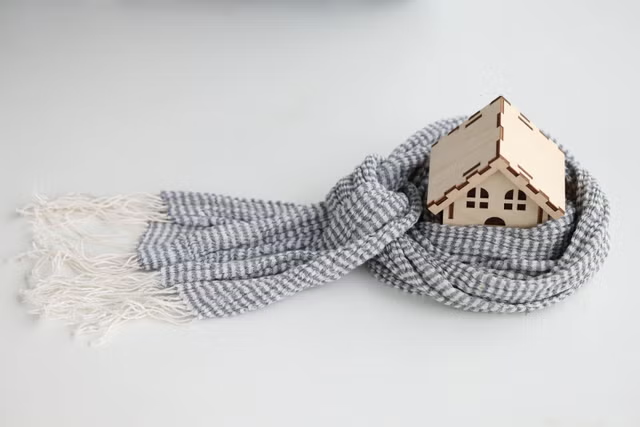Your support helps us to tell the story
Support NowThis election is still a dead heat, according to most polls. In a fight with such wafer-thin margins, we need reporters on the ground talking to the people Trump and Harris are courting. Your support allows us to keep sending journalists to the story.
The Independent is trusted by 27 million Americans from across the entire political spectrum every month. Unlike many other quality news outlets, we choose not to lock you out of our reporting and analysis with paywalls. But quality journalism must still be paid for.
Help us keep bring these critical stories to light. Your support makes all the difference.
An electrician whose itchy lump was thought to be ringworm or a tattoo ink allergy later found out he actually had cancer.
In February 2020, Ben Collins, 24, who lives in Colchester, Essex, said doctors found a lump on his back, which was itchy and red and looked like a “gnat bite”.
He said doctors initially thought it might be ringworm or an allergic reaction to his tattoos, but after several biopsies, a lymphoma – cancer of the lymphatic system – diagnosis was confirmed in March 2021.
He has since undergone seven rounds of radiotherapy to “blast” the lumps, but these journeys to and from Guy’s Hospital in London have cost him and his family around £3,000 in total over three years.
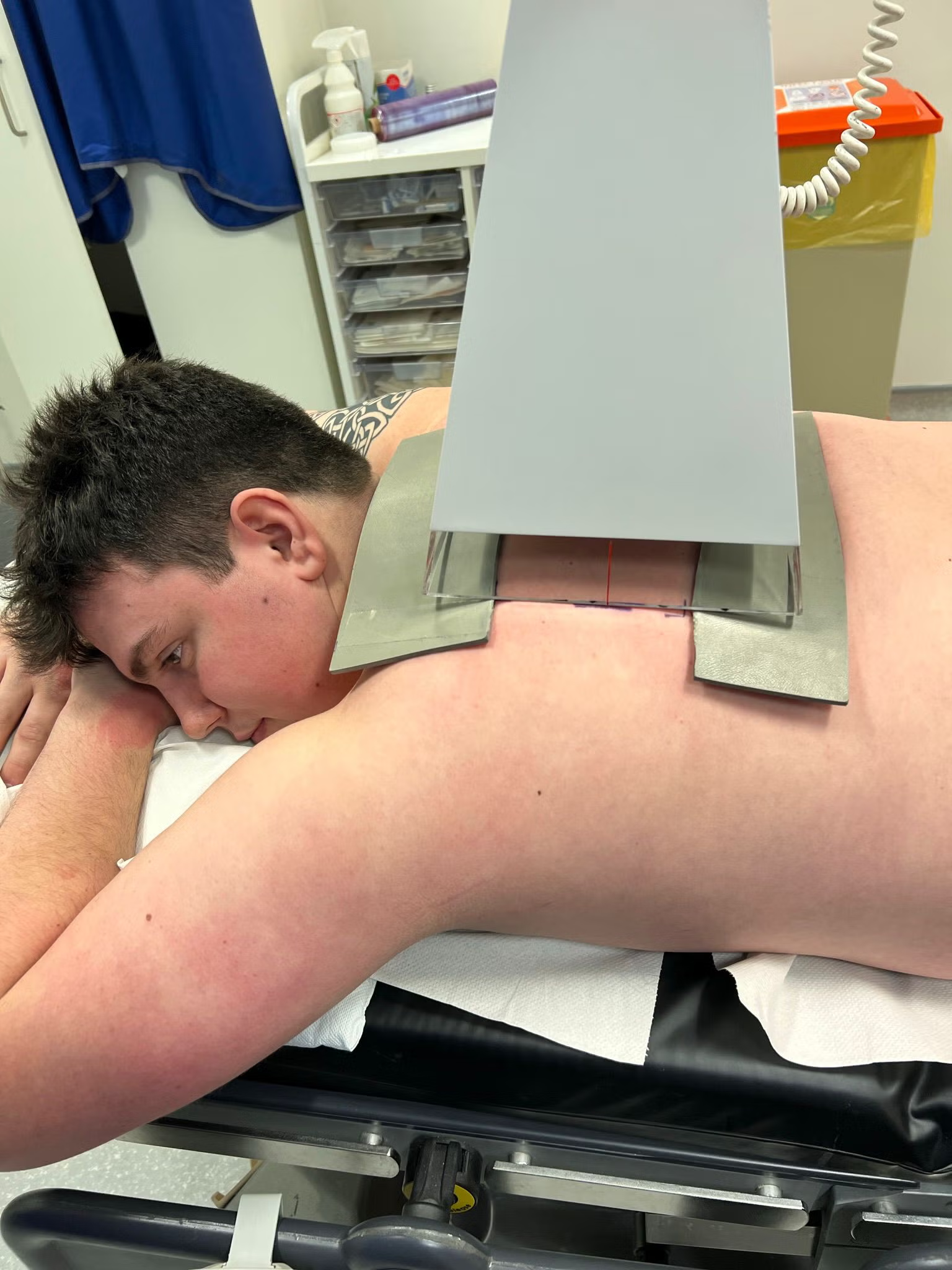
Ben is currently on an observation period and has discovered some new lumps on his lower back, which may need to be treated, but he is determined to stay positive and “get (his) life back”.
Along with the charity Young Lives vs Cancer, Ben is calling for better financial support towards travel costs for young people with cancer and their families to help with the “astronomical” cost of living.
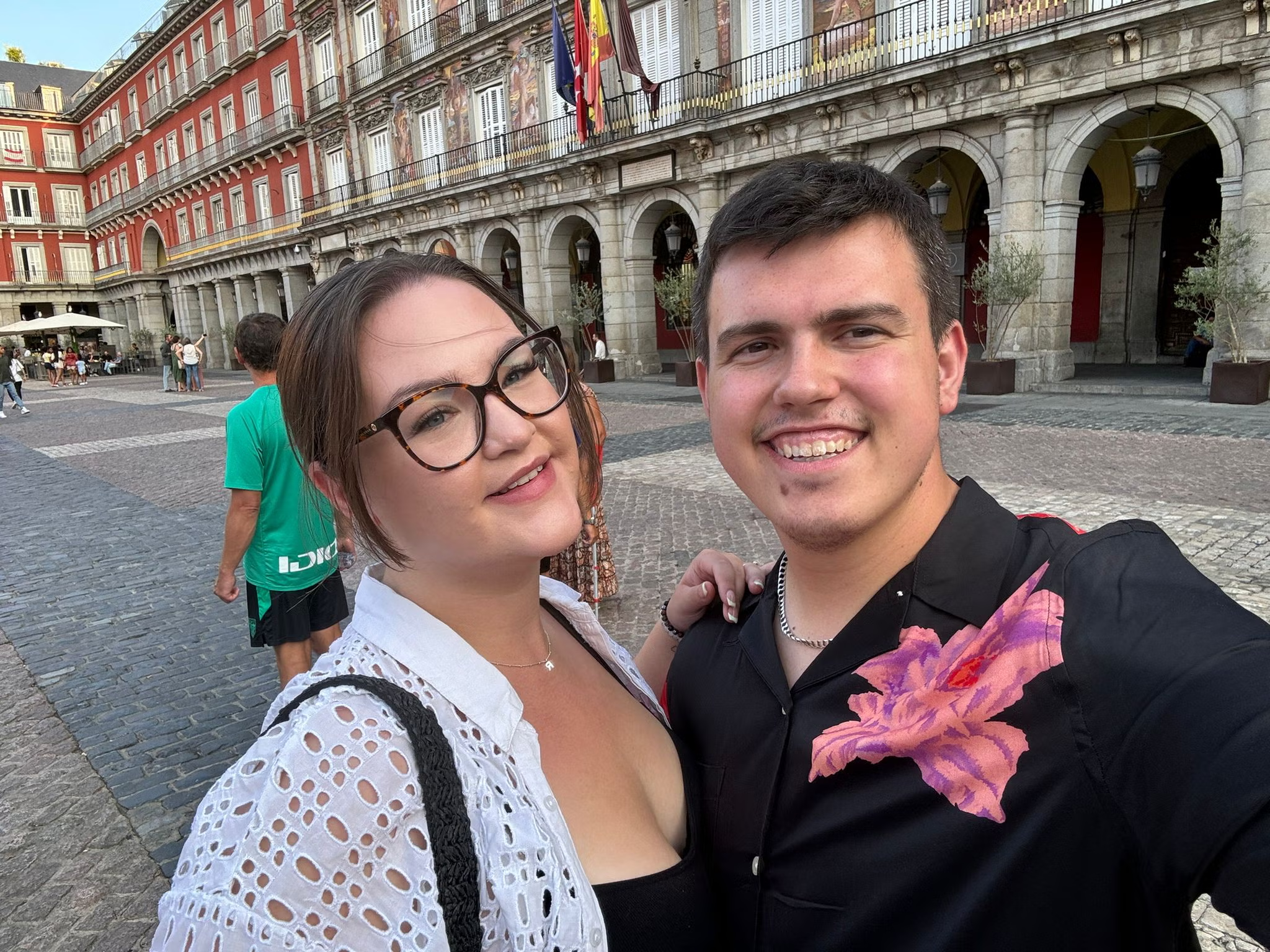
“Some people have to travel for hours to get to a specialist hospital and some families don’t have the money to be able to do that,” Ben told PA Real Life.
“It’s surprising how many people can’t afford to get to cancer treatment.”
Prior to the Covid-19 pandemic in February 2020, Ben said he discovered a lump in his right breast which, after a biopsy, was found to be “just a fatty lump”.
Doctors subsequently noticed another lump on his back, which they believed to be benign, and he was referred to dermatology – but his appointment was delayed until February 2021 due to the pandemic.
Describing the lump on his back, Ben said: “It was probably about a centimetre in diameter, so it looked like a gnat bite or a spot.
“It was red and raised and it was itchy as well.”
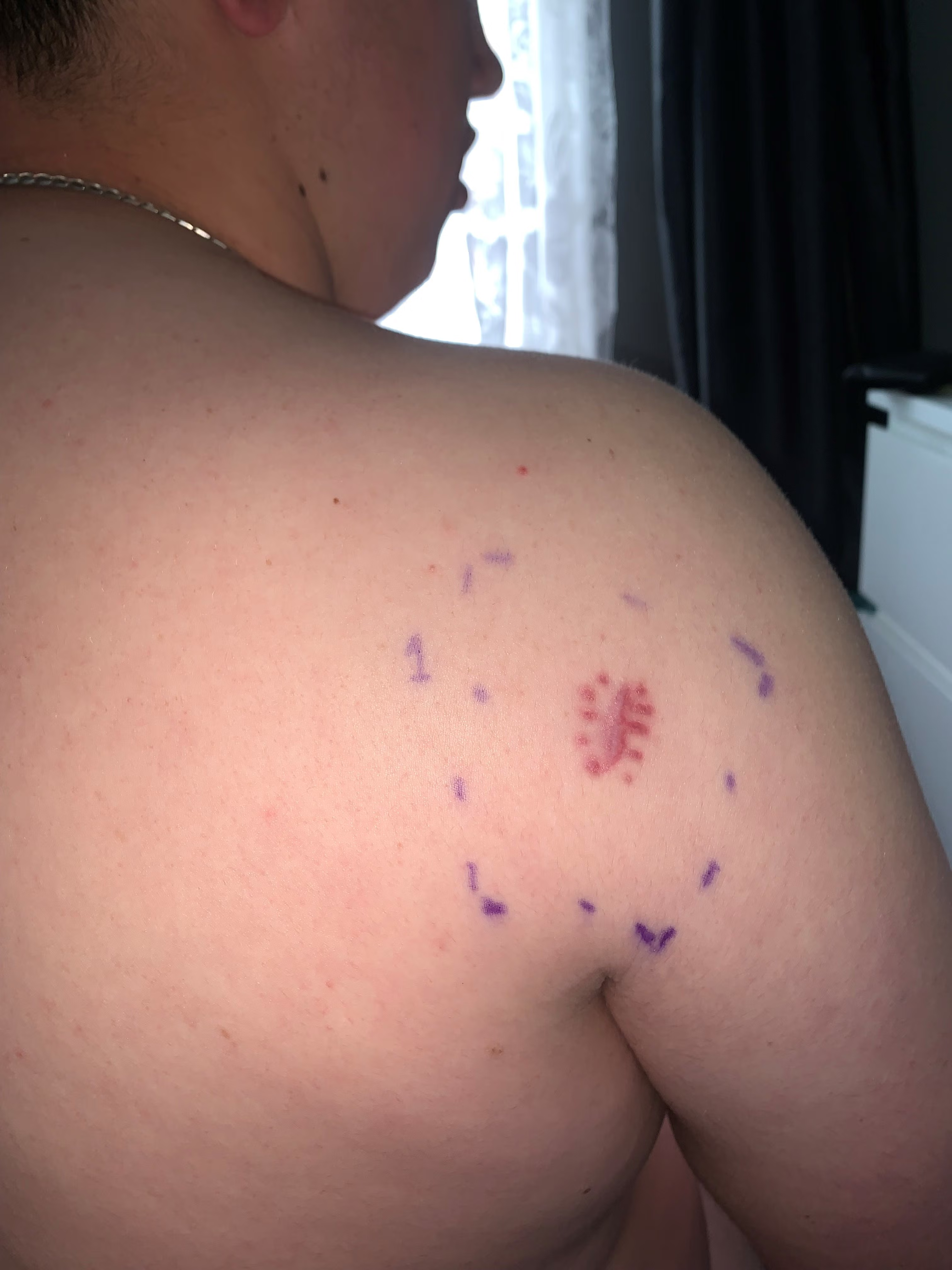
Ben explained that one doctor thought it could be ringworm – a fungal infection – and he was prescribed steroid creams, but this did not improve his symptoms.
He said another doctor then suggested it could be an allergic reaction to his tattoos.
“I contacted my tattoo artist, asking him to send me all the ingredients that were in the ink that he uses, and then I forwarded that to the doctor,” Ben said.
“That crossed out any lines from it being related to the tattoos, but that was quite a surprising one when they said it could be related to my tattoos.”
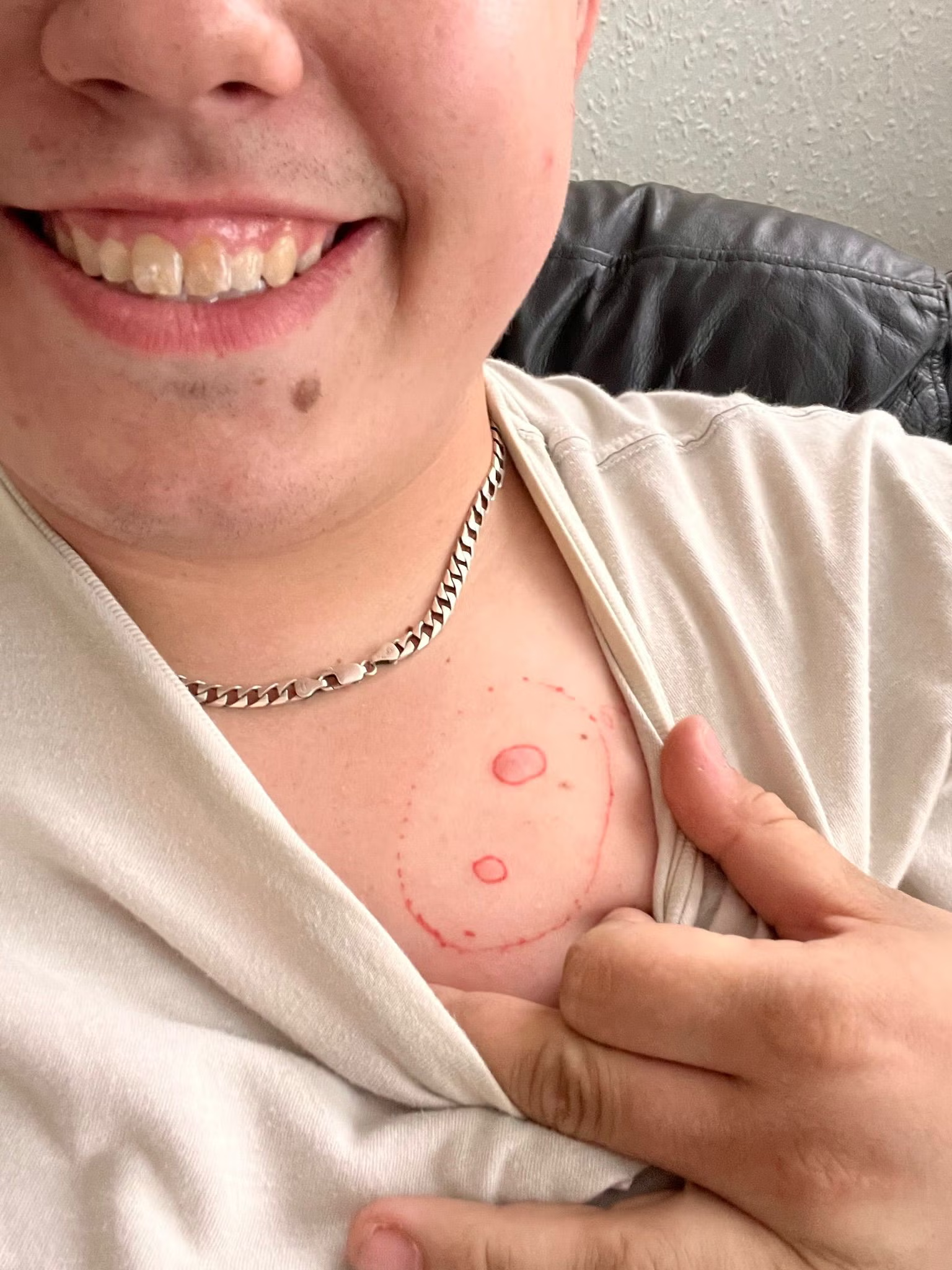
With the lump persisting, Ben then had two biopsies at Colchester Hospital, and this led to his lymphoma diagnosis in March 2021, aged 21.
“It was awful because I was expecting it to be an allergy, an allergic reaction to some tattoos that I’d had – that was the worst case scenario and they might have to cut out some tattoos,” Ben said.
“I was told: ‘You’ll essentially have the lymphoma for life, unless it gets bad enough that we have to treat you with chemotherapy’.
“At that age, you don’t expect to even contemplate a diagnosis like that… and when you hear the word ‘cancer’, instantly you always think the worst.”
Ben said he was then referred to Guy’s Hospital six weeks later, where he had further biopsies to confirm his diagnosis, and he was told he would need to undergo radiotherapy.
He explained that he “blocked everything out” initially and his diagnosis felt “surreal” for weeks.
“My girlfriend and I were sitting in bed, watching The Great Celebrity Bake Off for Stand Up To Cancer, and every single advert was, ‘One in two of us will be affected by cancer in our lifetime’,” he said.
“It really hit hard at that point.”
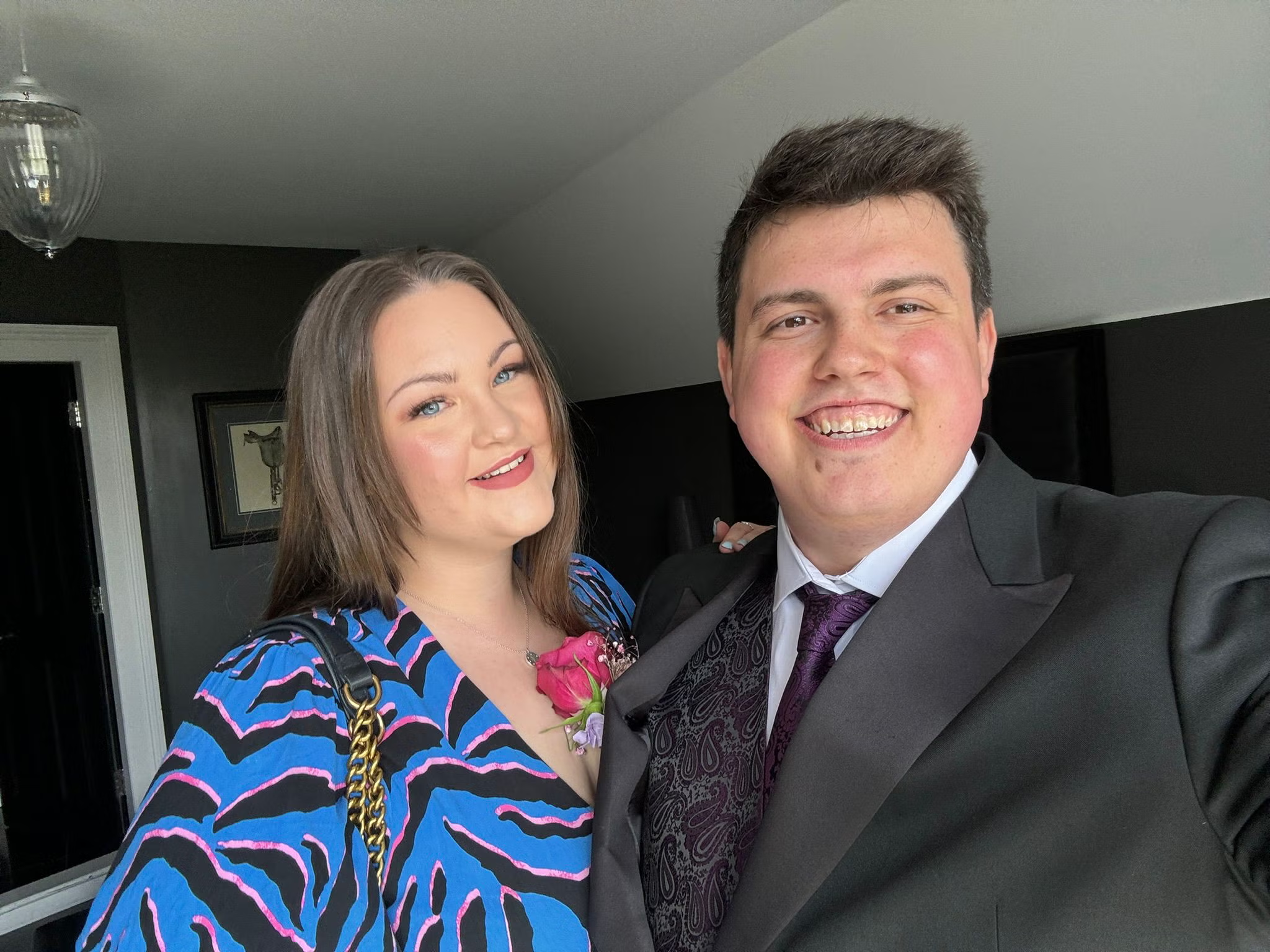
Ben said his first round of treatment began in June 2021, where the affected areas were “blasted with radiation”, causing the cancer to “shrink and disappear”.
He said it was “daunting”, especially when he first saw the “big machine”, but the treatment only lasted around six minutes – and every subsequent treatment has lasted two to six minutes on each affected area.
“You don’t feel anything when you’re having the treatment, but a few days later, it will be warm to the touch,” Ben explained.
“After a couple of weeks, the areas will get red and they constantly come up tanned.”
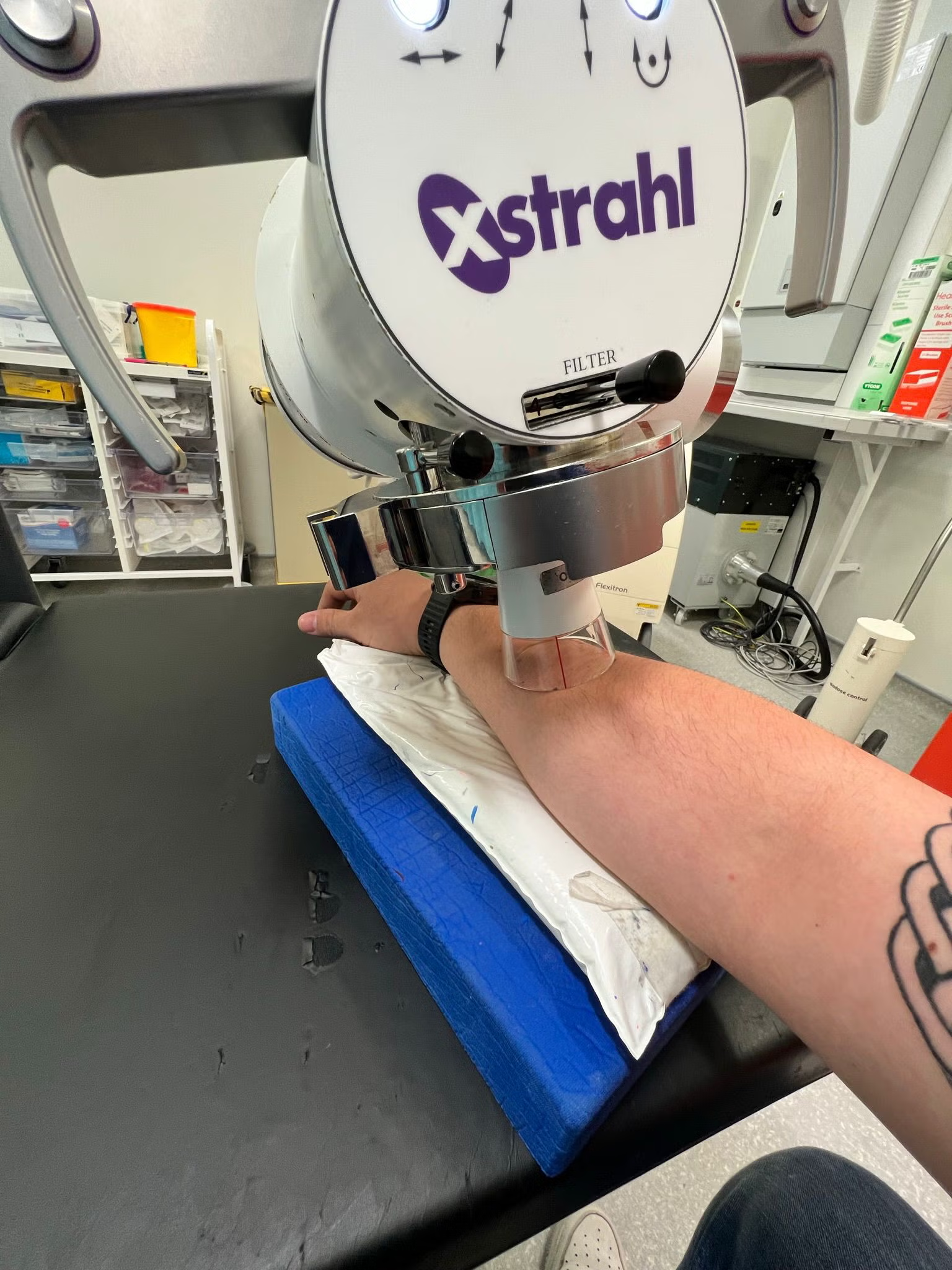
Since then Ben has had a further six rounds of radiotherapy – seven in total – and this has involved a long journey from his home in Colchester to London every day for a week each time.
According to Young Lives vs Cancer, young people and their families have to pay an extra £700 a month on average on costs like travel, food and clothing while going through treatment.
A report from the charity earlier in 2024 acknowledged the existence of healthcare travel cost schemes, but added that “a range of barriers to receiving this support mean the vast majority of children and young people with cancer miss out on this much needed assistance”.
The charity is calling on the Government to introduce a £10 million Young Cancer Patient Travel Fund so that young people and families have the support they need to travel to their treatment.
For Ben, he said with train tickets for him and his mother and petrol and parking costs, it “easily” costs him more than £400 every time he has a round of treatment.
Earlier this year, he said he required two-and-a-half weeks of treatment, costing him more than £1,000, so in total he believes he has spent around £3,000 on travel costs to date.
“I’ve got a credit card that I’ve had to put all the costs on and then you slowly pay it off, but some people can’t afford to do that,” he said.
“So, some people either have to go without the treatment or they might not be able to put the heating on that week.”
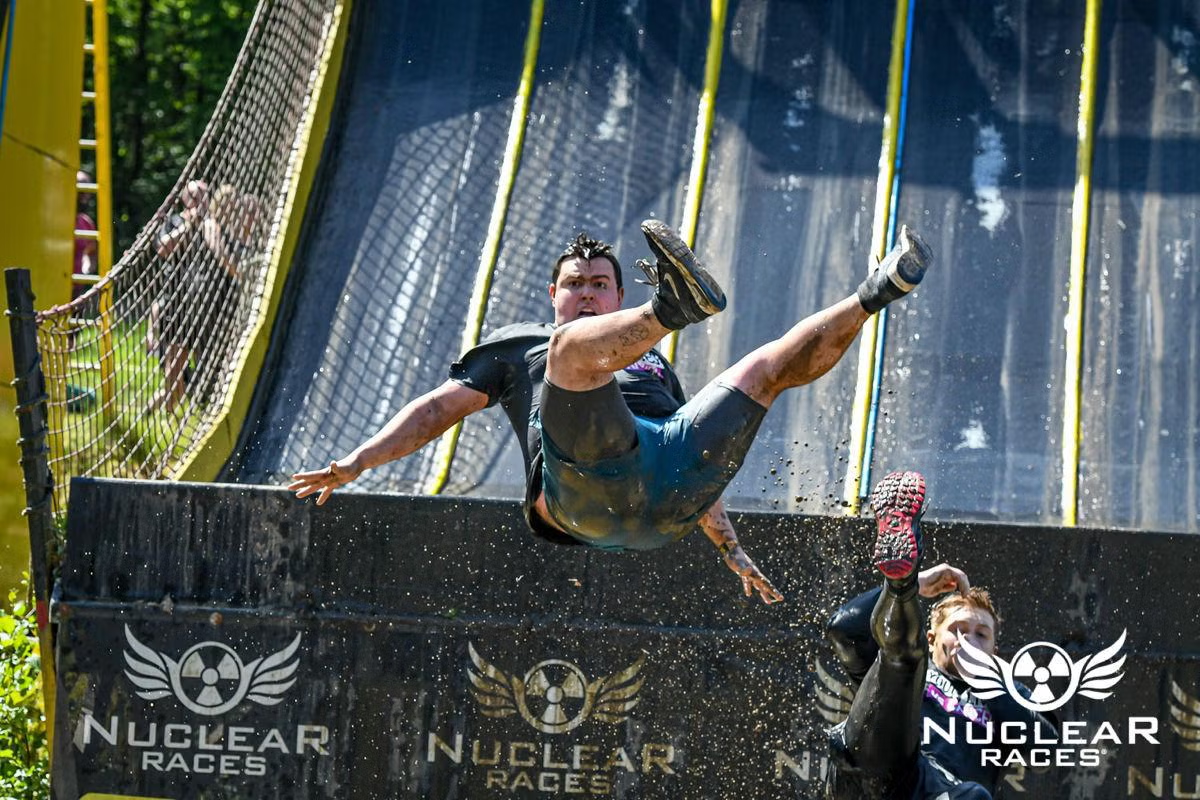
Ben’s Young Lives vs Cancer social worker Abby has also helped him with financial grants and arranged special trips and days out, including tickets to Wimbledon, which he said was “absolutely amazing”.
As Ben looks ahead to his next Tough Mudder run in November, he wants to “prove” to himself and others that you can achieve your goals and he wants to help raise more awareness of lymphoma.
Young Lives vs Cancer social workers help young people, like Ben, to access financial benefits and provide grants to help with these extra costs.
To find out more about the charity, visit younglivesvscancer.org.uk.
Disclaimer: The copyright of this article belongs to the original author. Reposting this article is solely for the purpose of information dissemination and does not constitute any investment advice. If there is any infringement, please contact us immediately. We will make corrections or deletions as necessary. Thank you.



